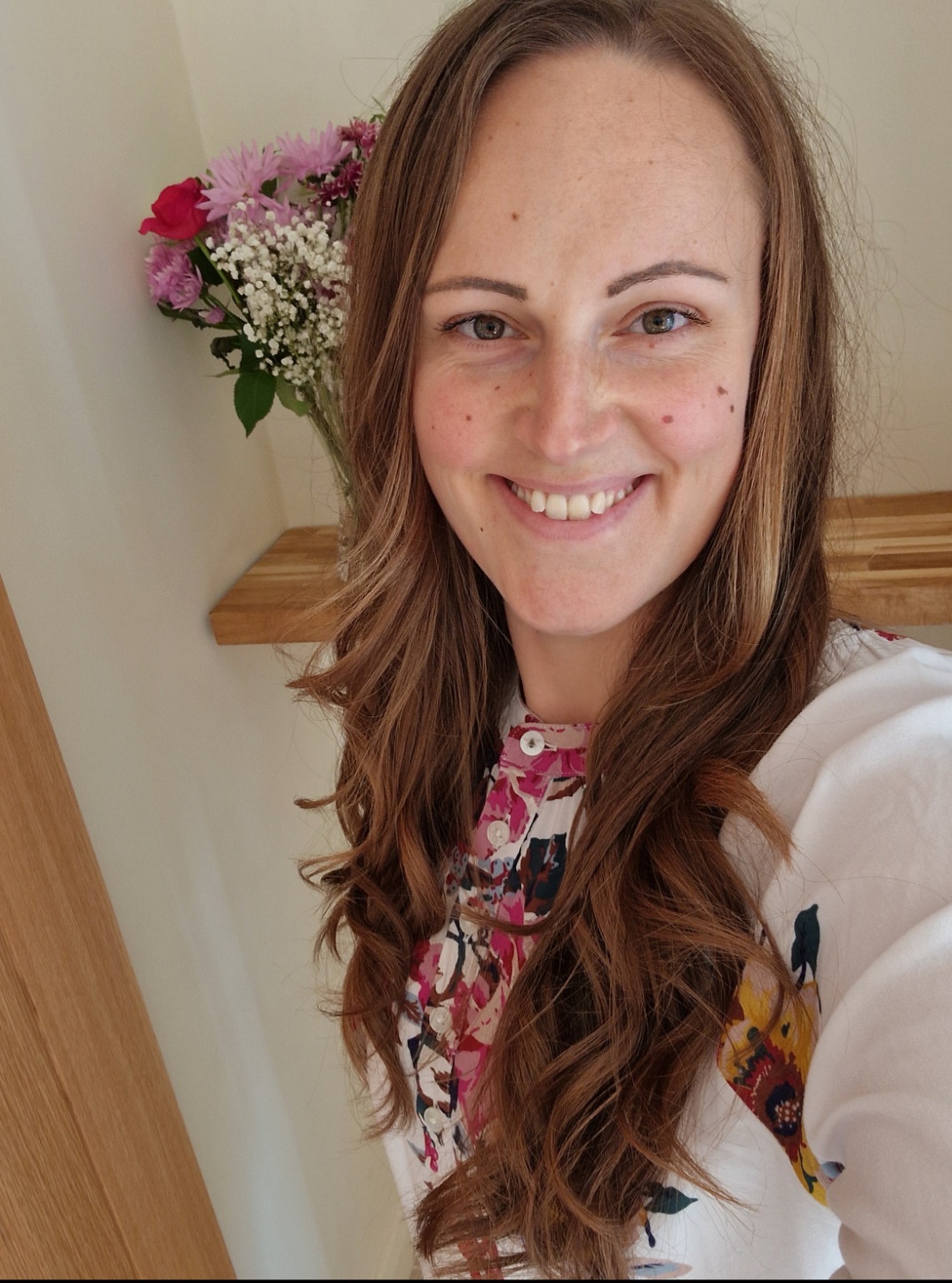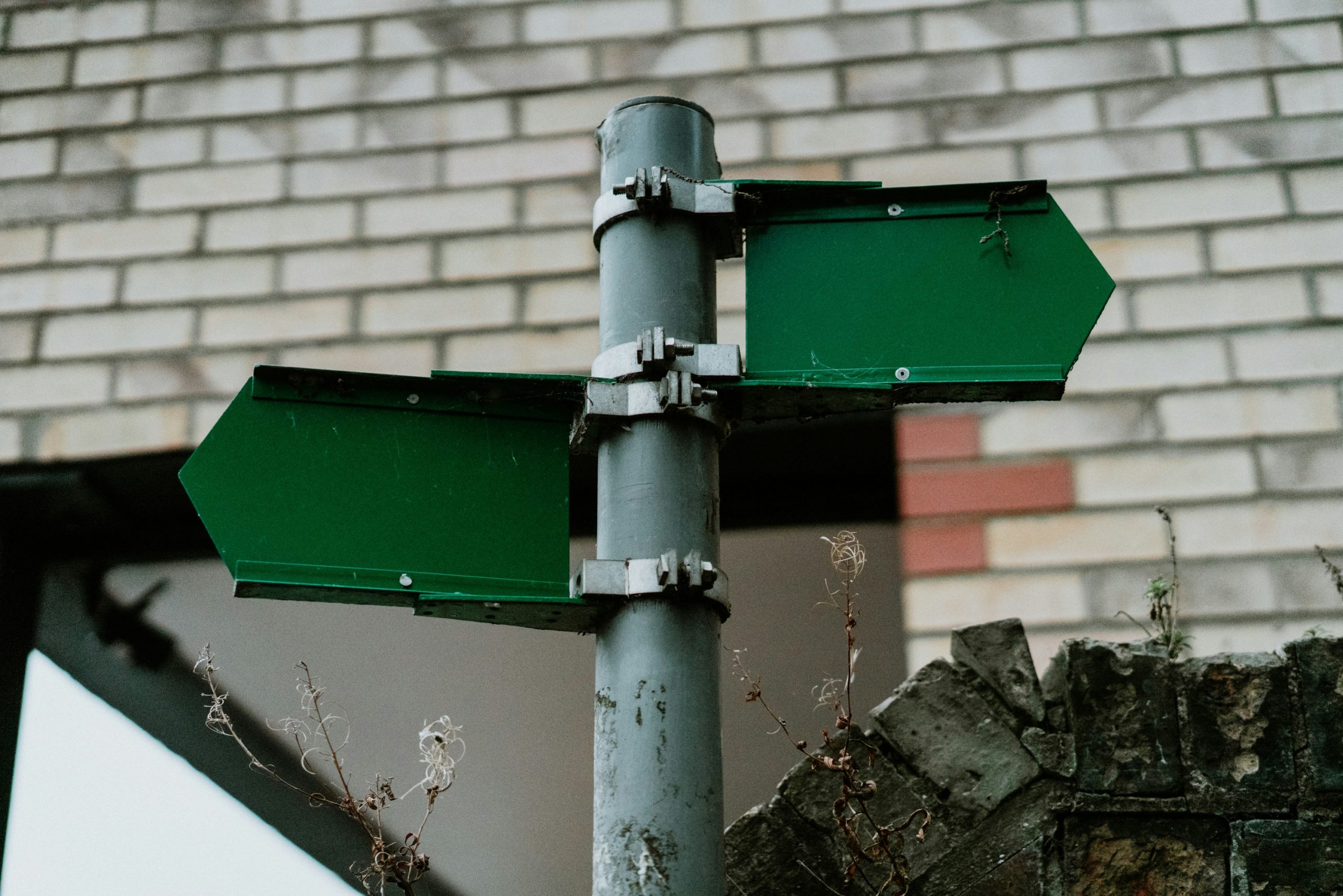

Inspirational Story
Alex Kralevich
How did you get into the role of an oncology dietitian and why?
I had been working in UGI surgery for many years and so this role as UGI Oncology specialist fitted naturally as I was already used to seeing post-op gastrectomy and oesophagostomy patients. I have learnt more around the nutritional challenges for patients undergoing chemoradiotherapy and those side effects, since being in this particular role.
The role includes being the Clinical Lead for oncology, which was also part of the reason I applied, as I wanted to continue my leadership/management growth.
What does your day-to-day work in this area look like?
- Check for new referrals
- Check inpatients – who’s still in and needs a review, who’s discharged and needs follow up sorting
- See any inpatients in the morning – often support colleagues if TPN referrals are high
- Check UGI outpatients – every week we have a long list of telephone calls, patients to see in radiotherapy or chemo unit, and we run 2 clinics on a Tuesday
- I am also Clinical Lead for oncology- so also spend time checking emails, attending clinical meetings, approving annual leave/sick leave
It is rewarding to know that you are supporting a patient to get the best outcome from their treatment
The positives of the role and any challenges?
Positives
Work with a lovely MDT; our UGI surgeons and Oncologists value our dietetic input for their patients, and we often work well together to achieve best outcomes for patient care. It is rewarding to know that you are supporting a patient to get the best outcome from their treatment (i.e. Enteral feeding during chemoradiotherapy to get them through the toxicity and side-effects).
I find UGI surgery fascinating and am always keen to learn from our surgeons, attending MDT and just listening to the medical/surgical language is a great learning experience.
We often spend a lot of time with our patients during their cancer journey- from initial diagnosis, neoadjuvant chemo, then surgery and further adjuvant chemo- so get to know our patients and often form a rapport with them and family; I guess this is positive and negative, as if they pass away it can be really hard emotionally but if they go on to survive another 5-10yrs, that is so rewarding to know that you have helped them recover.
Challenges
Probably the biggest challenge is the emotions, patients coming to the end of life (seeing them and family on the ward in emotional distress) and then passing away.
Also, frustrating issues like inpatients waiting for oesophageal stents or enteral feeding tubes; depending on whether they have this in endoscopy or radiography, it can be a long wait (weeks) and this is frustrating for all involved.
Do you work alongside any other professionals?
The multidisciplinary team
Yes, on the wards I work alongside physiotherapists, occupational therapists, pharmacists, oncology psychologists, occasionally speech and language therapists, occasionally the clinical research team, as well as nurse and surgeons/oncologists/gastro consultants.
In clinics we work alongside radiographers and UGI clinical nurse specialists (CNS) and surgeons.
Multidisciplinary team meetings
Every Friday there is an UGI MDT, which is attended by UGI surgeons (who chair the meeting), Oncologists, Clinical pathologist, Radiologist, UGI CNS, Oncology co-ordinator (who types the minutes), myself, often a Gastroenterologist.


